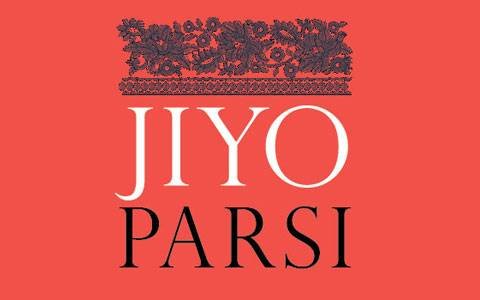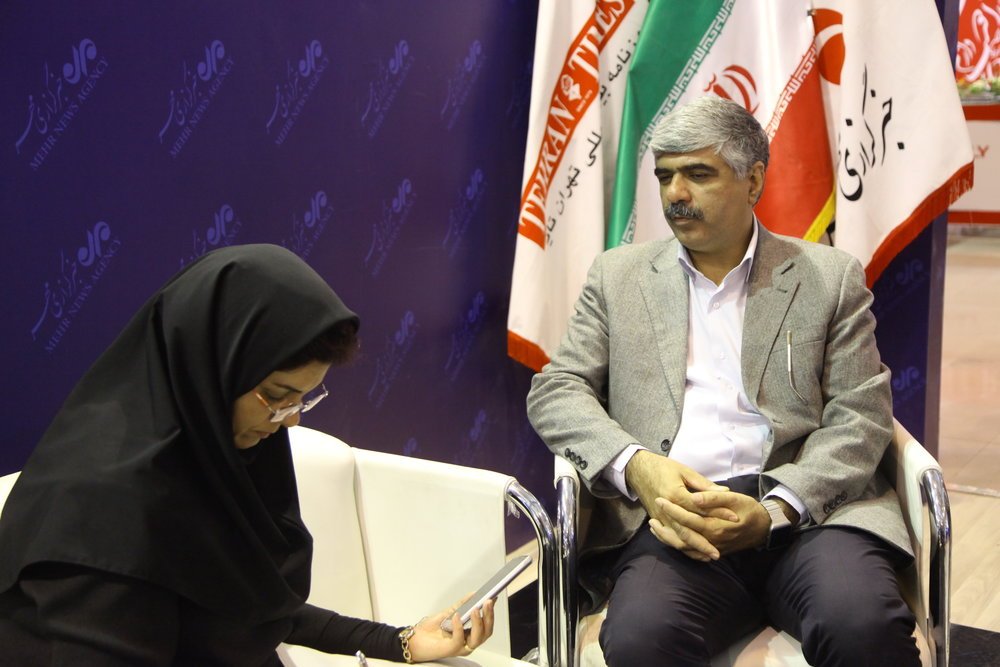Meet the Kavinas, one of the only two Parsi families in Kerala
 Dressed in regular ‘nighties’ with a dash of sacred ash on their forehead, Rathi and Dhan Kavina could easily pass off as Malayalis.
Dressed in regular ‘nighties’ with a dash of sacred ash on their forehead, Rathi and Dhan Kavina could easily pass off as Malayalis.
But a look around their modest flat reveals a picture of Prophet Zarathustra on the wall, as well as a prayer note with the Faravahar (symbol of Zoroastrianism), pasted behind the front door. The sisters, into their seventies, are the only remaining members of the Kavina family, one of the only two Parsi families in Kerala today.
But neither Rathi nor Dhan are too concerned about their Persian roots, or the fact that they don’t share a God with many others in the State. “God is one, only the names are different,” says Rathi, the older of the two, a perpetual smile playing on her lips. On a shelf in the bedroom are pictures of Gods of all religions, besides that of their late parents and brother, with rows of small lamps before them.
“We celebrate all festivals including Onam, Christmas, Vishu besides Zoroastrian festivals,” they say. In fact, when their brother was alive, they used to go on pilgrimages to various temples, as well as the Anjuman Baug, the only Parsi Fire Temple in Kerala, situated near SM Street, Kozhikode. “We worship the fire and recite a prayer in Gujarati to Ahura Mazda (the Lord of Wisdom) every day. But we don’t have a holy book. Our only motto in life is: good words, good thoughts and good deeds,” says Rathi.
Their family settled in Kerala after their parents moved to Thrissur from Ahmedabad, home to one of the largest communities of Parsis. Their father, Padamsha Kavina, had come to work in a textile mill in Thrissur, and the two sisters were born here. “We attended school and college in Thrissur, and have lived here all our lives,” says Rathi. While their brother started a textile business later, where Rathi assisted him, Dhan has been a home-bird all her life. “I’m the one who does all the shopping and banking, but I don’t even know how to make a cup of tea. Dhan is a great cook and homemaker,” Rathi says with a laugh.
The sisters speak fluent Malayalam and English, and a bit of Gujarati, but can’t read or write either of the Indian languages. “When we were young, our relatives from Gujarat used to ask us why we were speaking English at home. So, we didn’t fit in completely with them. But since we were not Malayalis, we didn’t fit in here completely either,” says Rathi, but again with a laugh.

However, in keeping with the Parsi tradition of not marrying outside the community, none of the three siblings got married. “When we were younger, our parents used to discuss our marriages. But we didn’t want to leave Kerala,” says Rathi. “After a while our parents realised that there was no use asking us. They decided that they just want us to be happy.”
As they have never left Kerala, they have never attended a Parsi wedding, nor are they aware of the much-debated Parsi death rituals of exposing corpses to scavenger birds. “Our parents and brother were cremated in Kozhikode, at the Anjuman Baug,” says Rathi. The only other Parsi family in Kerala, the Marshalls, is in Kozhikode and take care of the Fire Temple. “There used to be a renowned Paris surgeon in Thrissur — Hirji Sorab Adenwalla – our very good friend. But he is now settled in Coonoor post retirement,” says Rathi.
 The sisters remember a time when their parents were alive, when they would celebrate Navroz, the Parsi New Year. “We would wear new clothes and mummy would cook special dishes. Our Malayali friends too used to wish us ‘happy new year’. Mummy used to be a great cook and did all kinds of embroidery. She would wear the sari Gujarati style, and she trusted everyone,” she recalls.
The sisters remember a time when their parents were alive, when they would celebrate Navroz, the Parsi New Year. “We would wear new clothes and mummy would cook special dishes. Our Malayali friends too used to wish us ‘happy new year’. Mummy used to be a great cook and did all kinds of embroidery. She would wear the sari Gujarati style, and she trusted everyone,” she recalls.
Their brother died in 2009 and their cousins in Ahmedabad too have passed away. Didn’t they ever feel like going back to Gujarat? “Never. My parents too never wanted to leave Kerala. We always had plenty of Malayali friends. People ask us what we will do when we grow older. But Kerala is home to us. We are happy here. We trust fully in God.”





